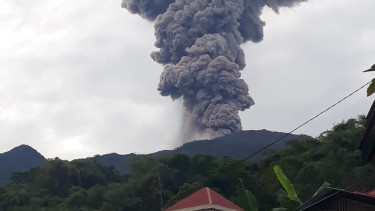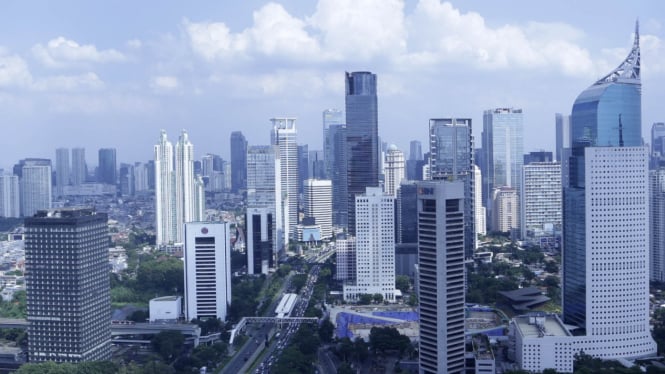Communication Remains a Major Obstacle in Disaster Response
- VIVA.co.id/Andri Mardiansyah (Padang)
Jakarta, VIVA – Disaster management in Indonesia still faces various challenges, one of which is ineffective communication. Delays in delivering information and miscommunication often lead to late evacuations and increased casualties.
“The main issue in disaster response is communication—whether it’s risk communication, crisis communication, or public information,” said Muhammad Hidayat, Head of the LSPR Centre for Crisis and Resilience. He emphasized that when vital information fails to reach communities in time, the consequences can be fatal.
To address this, the LSPR Institute of Communication and Business developed innovative programs that combine academic approaches with field practices. One of its flagship programs focuses on crisis communication training and climate change adaptation for Indigenous communities in Bali.
“This program involves students, lecturers, and local communities, making communication the foundation of resilience-building,” Hidayat continued.
In Bali, they collaborates with Pasabaya Agung, a community organization that protects 27 villages around Mount Agung. The villagers receive training on community-based early warning systems and localized risk communication strategies.
“We believe that scientific knowledge and local wisdom must go hand in hand,” said Prita Kemal Gani, Founder & CEO of LSPR. She explained how Bali’s Tri Hita Karana philosophy—harmonizing human, nature, and spirituality—guides their program implementation.

Beyond Bali, similar initiatives are taking place in Mentawai and Sukabumi—regions located along Indonesia’s megathrust fault lines. LSPR actively assists local communities in enhancing their disaster preparedness through training and education.
“Inclusive communication, delivered in local languages and cultural context, is key to the program’s success,” said Andre Ikhsano, Rector of LSPR Institute. He highlighted the importance of empathy and social connection when reaching out to vulnerable populations.
These programs not only strengthen local resilience but also provide LSPR students with real-world learning experiences. Students are trained in risk communication, early warning systems, and community engagement strategies.
For its impactful work, LSPR earned the #1 global ranking in Crisis Management in the 2025 World University Rankings for Innovation (WURI). The institution also placed #2 in Student Support and Engagement and #3 in SDG-Based Responses to Global Challenges, ranking 268th overall.


























